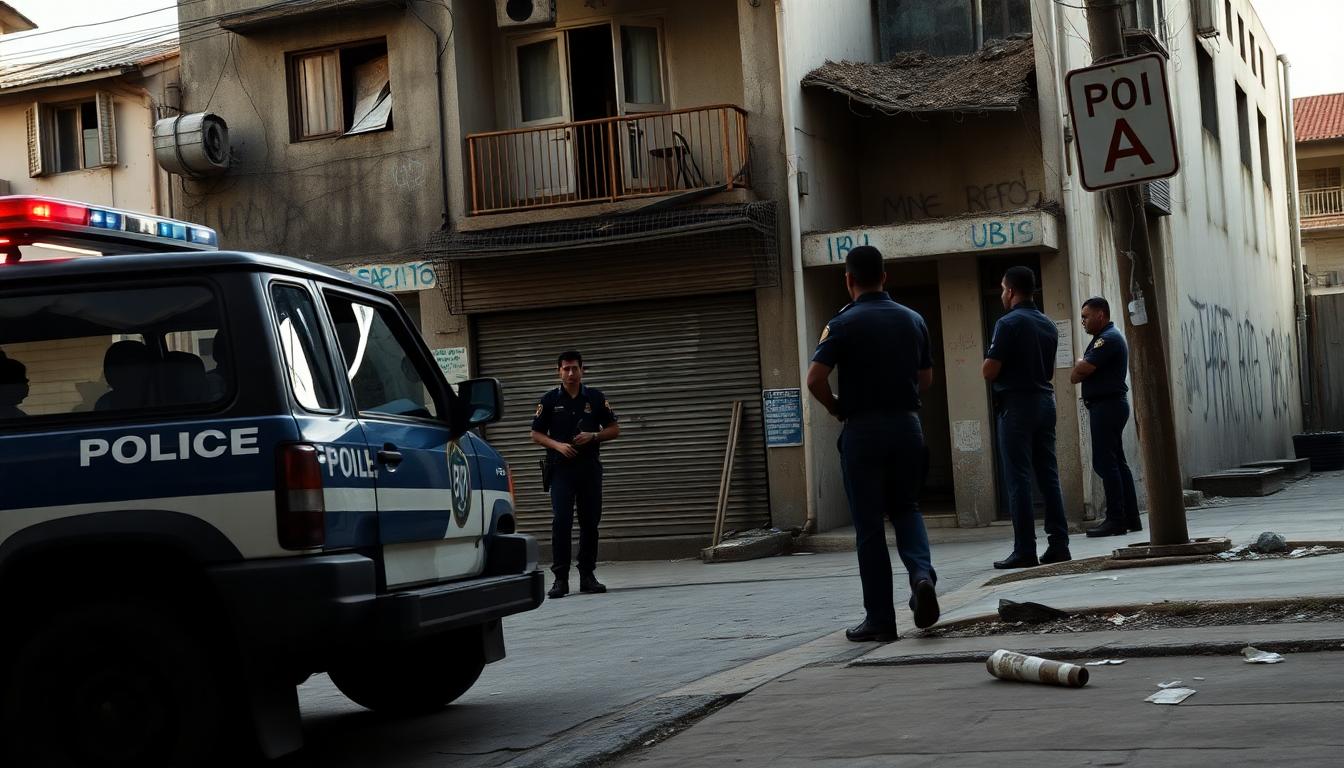Table of Contents
In a major development for Ecuador, Jose Adolfo Macias, better known as ‘Fito’, has been recaptured after 18 months of evading authorities. This news comes as the country faces a troubling rise in violence linked to drug trafficking and organized crime. President Daniel Noboa has announced that Fito will soon be extradited to the United States, where he is facing serious charges, including drug trafficking and weapons smuggling.
The Capture of Fito: A Turning Point
Fito’s arrest marks a dramatic turn of events following his escape from a Guayaquil prison in January 2024, where he was serving a hefty 34-year sentence for drug-related offenses and murder. His capture has been met with relief by the Ecuadorian government, which had even offered a $1 million reward for tips leading to his arrest. The president’s praise for the police and military efforts highlights just how serious the situation has become in Ecuador.
Since his escape, the country has seen a shocking rise in violence—riots, bombings, kidnappings, and even the assassination of a prominent prosecutor have all made headlines. In response, President Noboa declared a 60-day state of emergency, underscoring the urgent need to restore security. The government has labeled 22 gangs, including Los Choneros, as terrorist organizations in an effort to dismantle their operations and bring order back to the streets.
The Broader Implications of Drug Trafficking
Once considered one of the safest countries in Latin America, Ecuador’s stability has been shaken by its geographic closeness to Colombia and Peru, the world’s top cocaine producers. Unfortunately, this prime location has made Ecuador a hotbed for criminal organizations eager to exploit drug trafficking routes. As competition heats up among rival gangs, violence has surged, pushing the government into a corner as it tries to regain control.
The United States is also tuning in, having imposed sanctions on both Fito and Los Choneros due to their role in drug trafficking and violence. This international response serves as a reminder that Ecuador’s drug crisis isn’t just a local issue—it has far-reaching consequences.
Future Outlook: Navigating the Crisis
As Ecuador faces this turbulent chapter, how the government responds will be crucial in shaping the future of crime and violence in the nation. While Fito’s capture may signal a key moment in the battle against organized crime, it’s merely a small piece of a much larger puzzle. Authorities need to tackle the root causes of drug trafficking and its violent repercussions, which often stem from poverty, lack of education, and limited economic opportunities.
Looking ahead, it will be vital for the Ecuadorian government to adopt comprehensive strategies that go beyond law enforcement. By focusing on community development and social support systems, Ecuador can begin to address the underlying issues that fuel crime. Only then can the nation aspire to reclaim its status as a peaceful country.


